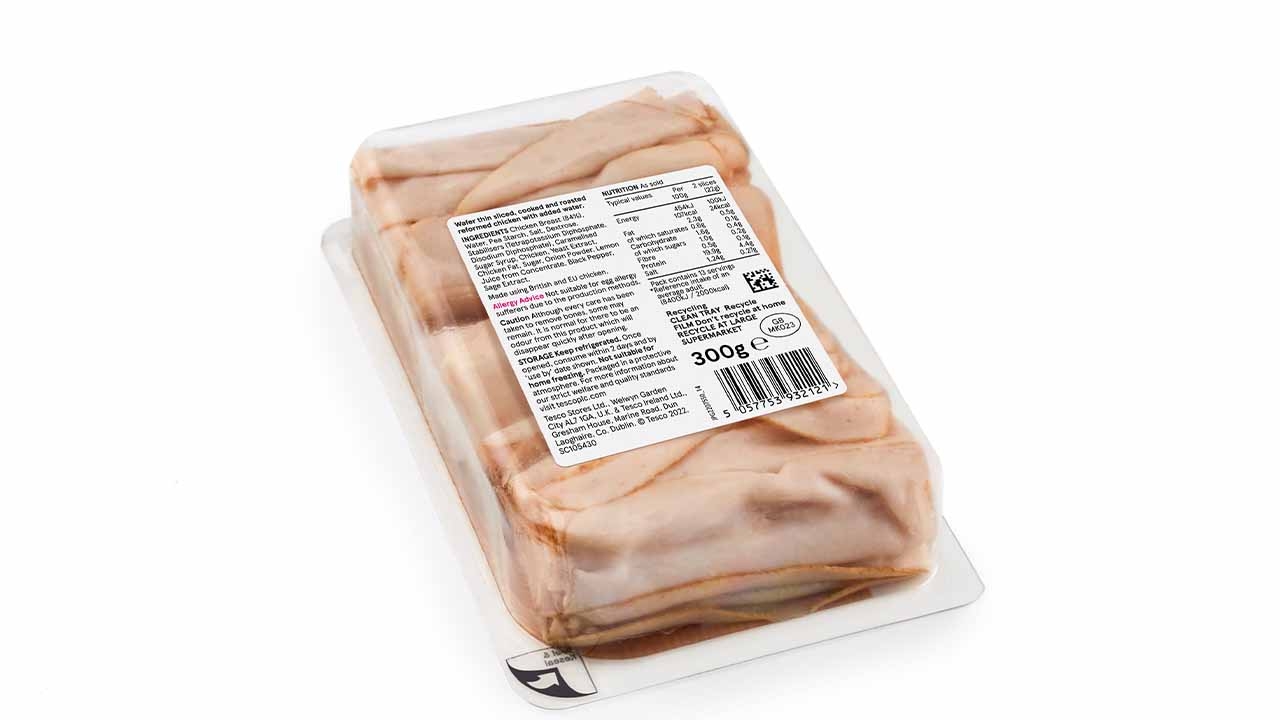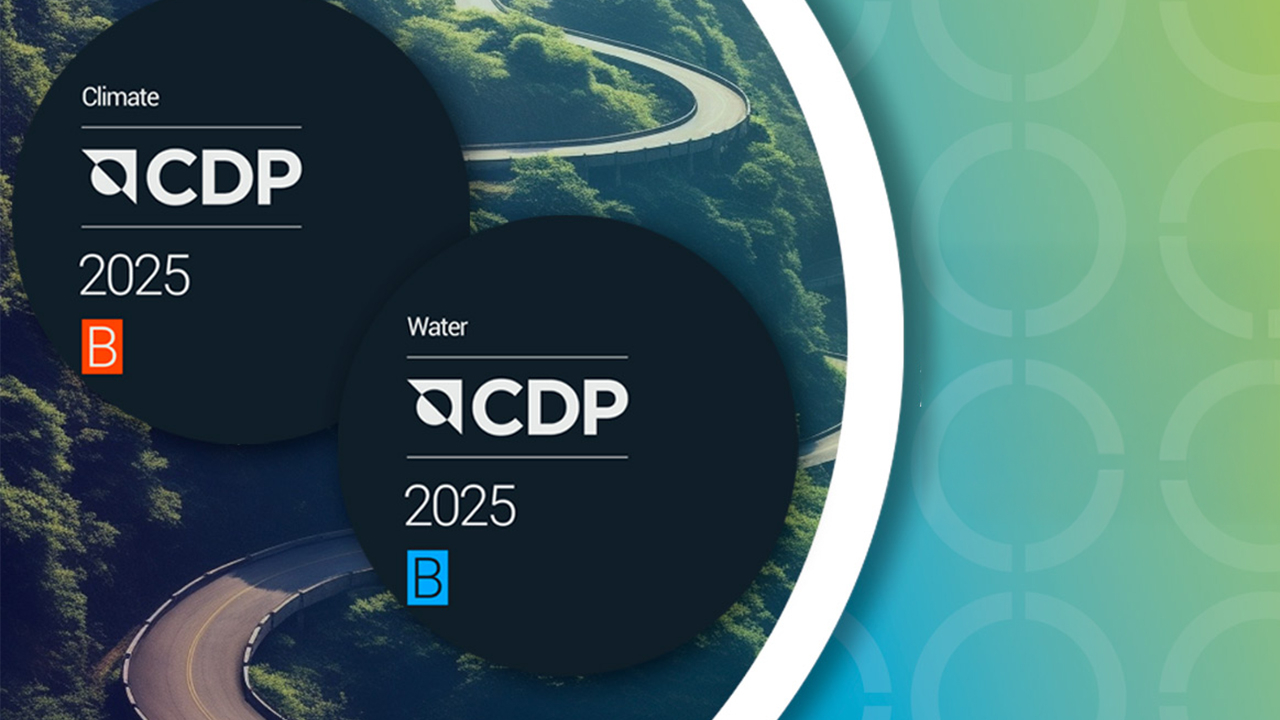Cranswick switches to recyclable liners
Brand switches to fiber based UPM Raflatac RAFNXT+ material, which is then returned to Coveris for recycling

Cranswick’s Convenience Foods division has switched from a PET release liner to a new fiber based UPM Raflatac RAFNXT+ material, which is then returned to Coveris for recycling.
Coveris has teamed up with the food packaging producer and material supplier UPM Raflatac to deliver a new range of label and recycling that reduce the carbon impact of the packaging and offer significant environmental benefits in the cooked meat category.
The carbon reduction forms part of Cranswick's Second Nature roadmap to achieve net zero greenhouse gas emissions across owned operations by 2040. Currently used in the application of all base labels for a leading UK retailer’s cooked meats range, the new material will be used across more than 175 million packs to support sustainable targets, including Cranswick’s own carbon agenda, and Coveris’ sustainability vision of no waste.
Delivering a weight saving of around 12 percent per label, the new liner material will remove over 35 tons of plastic PET from the supply-chain annually, replacing this with a lighter weight label and recyclable liner.
As the world’s first label material verified by the Carbon Trust, choosing RAFNXT+ instead of a standard labeling material has a positive climate impact, including the smarter use of raw materials which reduces pressure on forests and increases the capacity to improve mitigation of climate change. Impact has been compared to the UPM Raflatac standard label range and is in accordance with PAS 2050 standard.
Supported by Coveris’ Environmental Services facility in Boston, Lincolnshire, the release liner by-product waste is returned and recycled via its sustainable partnership with RafCycle recycling service by UPM Raflatac. Responsible for recycling over 10,000 tons of manufacturer and customer material each year, the partnership offers a dedicated waste stream to materials that would otherwise be incinerated or landfilled.
The new material and recycling process together support a CO2e saving of 20 percent, reduced water consumption of 1.8 million liters, and a 6 percent energy saving - the equivalent to powering a typical household for 39 years.
Will Mercer, Coveris’ R&D director for paper commented: ‘Once again we have demonstrated that by working in partnership with the wider supply-chain, small changes can deliver huge environmental impact. Having seamlessly delivered a reduced carbon solution through our leading partnership with UPM Raflatac and Cranswick Convenience Foods, we hope that other manufacturers recognize the major sustainable impact they can make through better label material choices and recycling options.’
Stay up to date
Subscribe to the free Label News newsletter and receive the latest content every week. We'll never share your email address.

